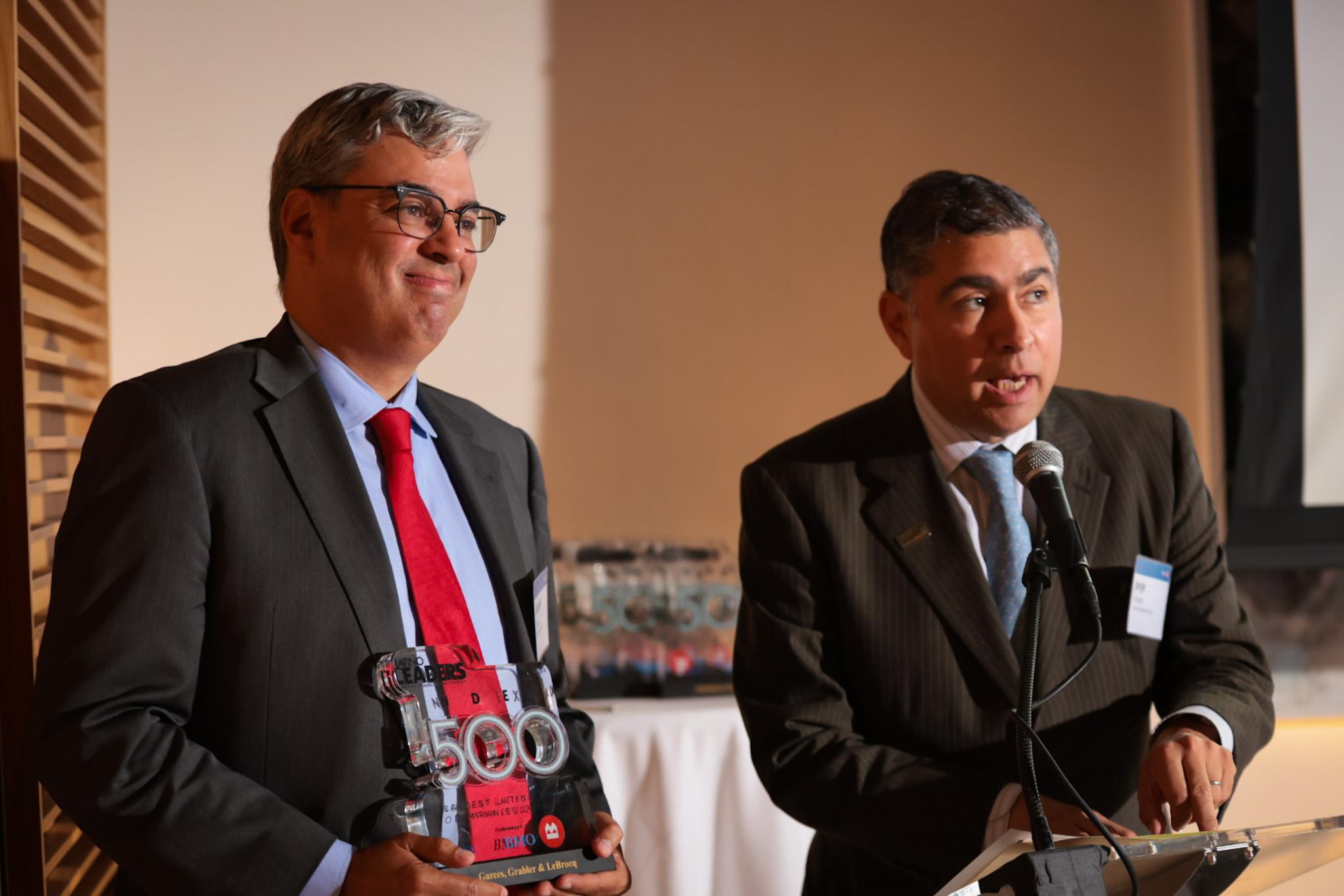BMO is extremely proud to contribute to the growth of the Latino Leaders Index500, Powered by BMO, and to continue our relationship with Latino Leaders Magazine. Expanding from 200 to 500 companies speaks volumes about how important and valuable Latino businesses, their owners, and employees are to the American economy. BMO is committed to supporting Latino businesses with access to capital, educational resources, and meaningful networking opportunities to help them make real financial progress.
In this Markets Plus episode, I had the privilege of sitting down with Jorge Ferraez, Publisher of Latino Leaders Magazine, to discuss the partnership, how the Index500 came to be, and more.
Listen to our 12-minute podcast:
Markets Plus is live on all major channels including Apple, and Spotify.
Start listening to our library of award-winning podcasts.
